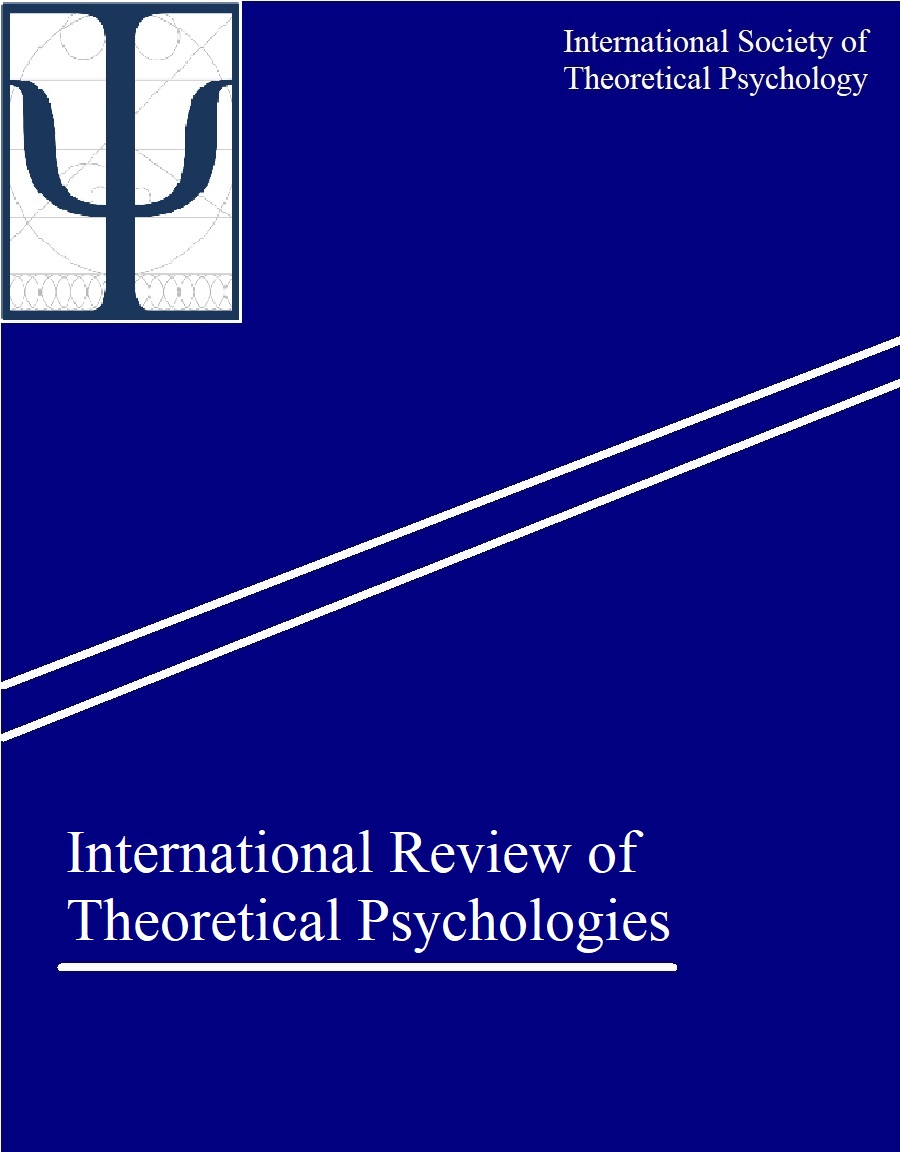New Materialism, Technophilia and Emancipation
DOI:
https://doi.org/10.7146/irtp.v1i1.127091Keywords:
new materialism, emancipation, historical materialism, flat ontology, agencyAbstract
The aim of this paper is to reflect on psychological, ethical and political implications of new materialisms (Barad, Bennett, Coole, Frost) in the context of expanded and accelerated regimes of measurement as part of a technological governance of the human. As new materialists are committed to both epistemic and political emancipation, I first analyse theoretical, in particular epistemological, foundations of new materialism. The new materialism has achieved liberating epistemic effects in criticizing self-referential discursive and socio-constructionist agendas. It argued instead for a return to material and somatic realities. However, I examine whether its flat ontology, its epistemology of de-differentiation of the human and non-human, even non-living agencies and commitments into a principle of immanence, provide appropriate means to critically assess ethical and political implications of entanglements of humans with the historically- produced technologies and social worlds in general. The next question to be discussed is whether a return (nevertheless a discursive one) to material and somatic realities can in itself protect those very vulnerable realities. As horizontal ontology invokes a horizontal normativity which cannot serve as a foundation for emancipatory projects, it follows that normativity needs other sources beyond the new materialism paradigm. Thus, I argue that such a weak or insecure position of normativity within the new materialisms affects any concept of human subject, regardless of its entanglements, and any project of emancipation. I conclude these critical analyses by claiming that the new materialism’s epistemological and political emancipatory promises cannot be fulfilled by means provided by the new materialism itself.
Downloads
Published
How to Cite
Issue
Section
License
Copyright (c) 2021 Gordana Jovanović

This work is licensed under a Creative Commons Attribution-NonCommercial-ShareAlike 4.0 International License.
IRTP operates based on a non-exclusive publishing agreement, according to which the journal retains the right of first publication, but authors are free to subsequently publish their work. The copyright of all work rests with the author(s).
All content published in IRTP is licensed under a Creative Commons Attribution-NonCommercial-ShareAlike 4.0 International license (CC BY-NC-SA 4.0). This license allows authors and readers to share and adapt content for non-commercial purposes, provided that they abide by the following terms:
- Give credit to the original author(s)/creator(s) and attribution parties (i.e., IRTP);
- Provide a link to the original source, to the extent practicable;
- Include the copyright notice and/or indicate the corresponding Creative Commons license;
- Indicate what, if any, adaptations were made to the original; and
- Share adapted content under the same license as the original.
Authors are encouraged to familiarize themselves with the various Creative Commons licenses. Readers are advised to consult the licensing information embedded in each published work to ensure that they are familiar with the terms of use that apply.





